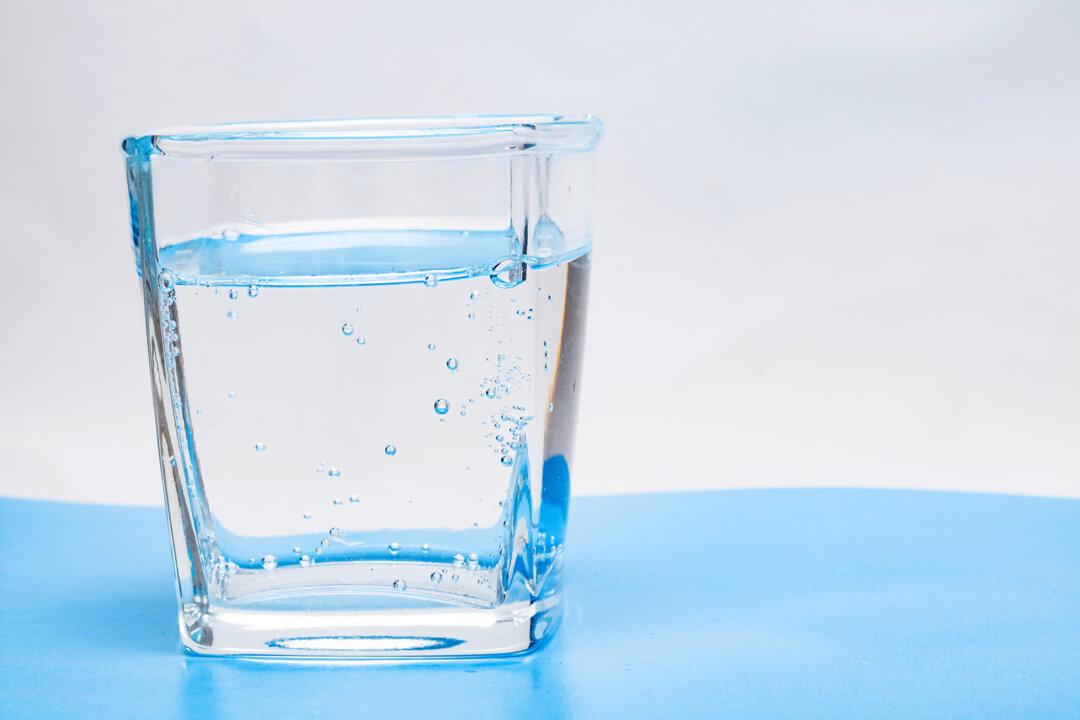By Ebony Williams
From The Atlanta Journal-Constitution
While New Year’s resolutions flood social media at the end of every year, 80% of people won’t keep their resolutions past February.

While New Year’s resolutions flood social media at the end of every year, 80% of people won’t keep their resolutions past February.